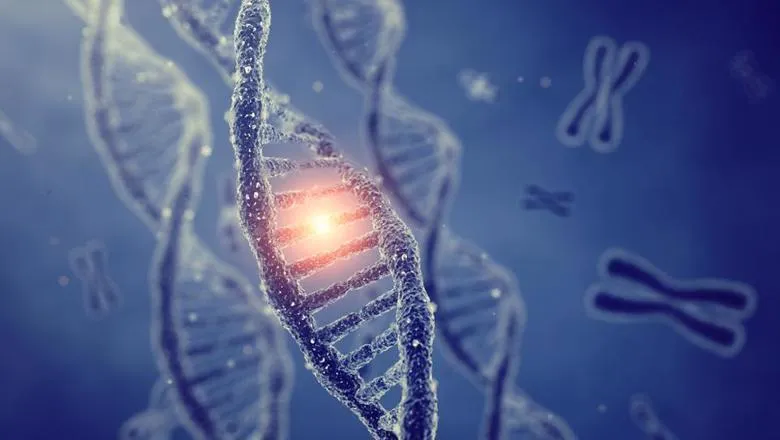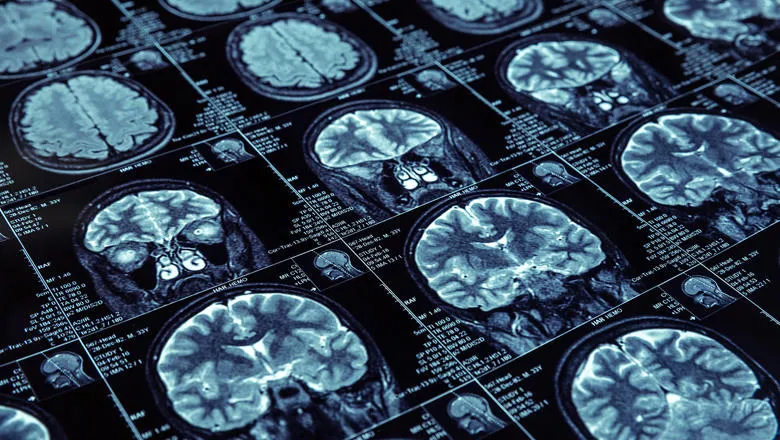
Biography
News
Genetic overlap established between theta brain signals and ADHD
New research from the Institute of Psychiatry, Psychology & Neuroscience (IoPPN) at King’s College London has found a significant genetic association between...

Brain monitoring suggests common link between electrical tremors and mental health disorders
A new review has found that irregular responses in the brain to challenging tasks and mistakes could be key to understanding common links between abnormal...

News
Genetic overlap established between theta brain signals and ADHD
New research from the Institute of Psychiatry, Psychology & Neuroscience (IoPPN) at King’s College London has found a significant genetic association between...

Brain monitoring suggests common link between electrical tremors and mental health disorders
A new review has found that irregular responses in the brain to challenging tasks and mistakes could be key to understanding common links between abnormal...

